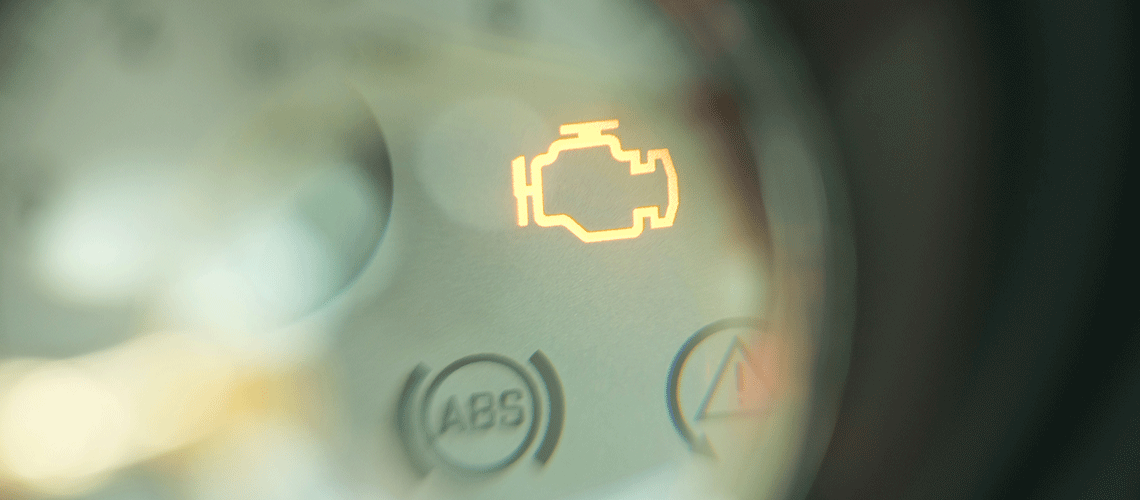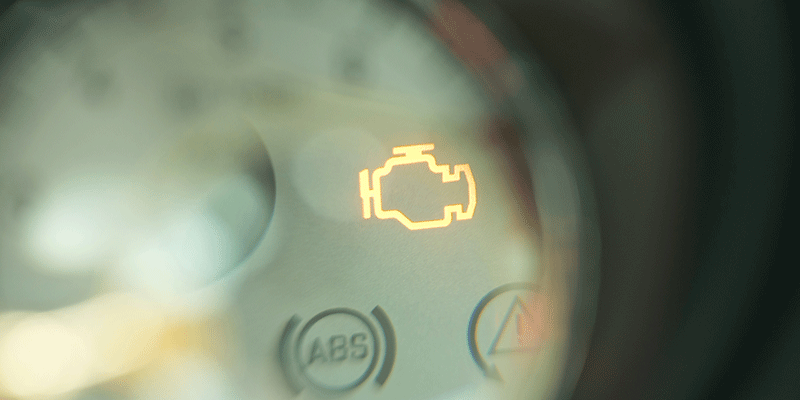Car care: 8 essential tips for looking after your vehicle


Regular car maintenance could be the difference between a well operating vehicle or a hefty mechanical bill down the track.
We've put a list of tips and tricks together to help keep your car healthy and running optimally. By doing easy things like checking the oil, windscreen wipers and tyre pressure you'll feel more confident while driving your car. You'll also have smaller repair bills when it comes to your annual service checks!
1. Check your radiator and cooling system
Caution: Never remove the radiator cap when the engine is hot. Let it cool for a few hours to avoid injury.
A quick check of the radiator coolant is as easy as looking at the level in the plastic overflow bottle of most cars. The coolant level should be in between the high and low markings.
Once the engine has cooled, you can remove the radiator cap and check the level in the radiator, too. If the level is low, top it up with the coolant recommended by the vehicle manufacturer or call the NRMA Motoring Advice team for assistance on 13 11 22.
If your car is regularly losing coolant, there may be a leak somewhere that could be a sign of a bigger problem which needs professional assessment. While you have the bonnet open, inspect the hoses and pipes - such as those leading to and from the radiator and heater - the fuel lines and any pipes associated with the power steering or brakes.
While you have the bonnet open, inspect the hoses and pipes - such as those leading to and from the radiator and heater - the fuel lines and any pipes associated with the power steering or brakes. Stains could indicate a leak, and any soft, kinked, swollen or cracked hoses should be replaced by a reputable mechanic.
2. Check your engine oil regularly
It's important to check your engine oil at least once a month. Problems with your oil can be easily missed if you leave it too long and can cause expensive damage to your engine. Here's how to do it:
-
Park your car on level ground
-
Start the engine, let it run for a short time, then turn it off
-
While the engine is warm, remove the dipstick and wipe it clean with a clean cloth or paper towel. Reinsert the dipstick – make sure it’s fully inserted, otherwise you'll get a false reading
-
Remove the dipstick and check the oil level. It should be in between the low and high markings. If the oil level is low, top up your oil but first check the owner’s manual for the correct oil grade. Don’t start the engine if there isn’t any oil on the dipstick! An engine with no oil can seize and be extremely expensive to fix
3. Check your tyres
Checking your tyre pressure and general condition can help extend their use and makes your car safer overall. Don't forget to also check the spare if you have one!
Incorrect tyre pressure can reduce the life of your tyres and may make your car less safe to drive. The correct tyre pressure for your car is located on the tyre placard, which is usually found inside one of the front doors. If you can’t find it, check the owner’s manual. It’s handy to carry your own tyre pressure gauge in your car because service station gauges are not always accurate.
It's also important to check the tread of all your tyres. The legal minimum tread depth is 1.5mm on any part of the tyre surface. Tyres have tread depth indicators in the grooves between the tread. When the tread is worn to be level with an indicator, it is time for a new tyre. Also check your tyres for abnormal wear and damage such as cracks or bulges, which could indicate a suspension problem.
Pro tip: if you have a spare, you can extend the life of all your tryes by rotating them every so often. Using the spare every so often also helps keep it in better condition – a spare left in the boot for years can dry out, making a blow out more likely.
4. Checking car battery condition
Caution: Your battery is potentially dangerous, so don't check it near a naked flame or a lit cigarette. Batteries produce an explosive gas when they charge, and the fluid inside is corrosive, so avoid any contact with your eyes, skin, clothing and painted surfaces.
Checking your battery every so often can save you from the inconvenience of an unexpected flat. You can regularly take a look and by doing so, increase it's lifespan and be confident your car will start every time.
If your battery has caps, remove them and check that the fluid inside is deep enough that the plates within are fully immersed. Some batteries without removable caps have an indicator on the outside of the case to let you quickly check battery health. If the battery’s level is low, top it up with distilled water (rather than tap water) but don’t overfill it. Replace the caps and check that the clamps are tight on the battery terminals. The top of the battery should be clean and dry and the terminals should be free of corrosion, which can be in the form of a white or bluish substance.
If your car is taking longer than usual to start, or if you know your battery hasn’t been changed in a long time, it’s worth investing in a battery charger. Battery charging can be a way to increase the longevity and performance of your car battery.
If you do ever have a flat or your worried about your batteries performance, you can always call the NRMA. We have mobile battery specialists who can help you diagnose, charge or replace your battery.
5. Transmission and power steering fluids
Low transmission and power steering fluid could indicate a bigger problem with your car, such as a leak, so you should be aware of how to check them. The right way to check your power steering and transmission fluid level differs between makes and models – you can find out how in the owner’s manual.
If there is a problem, you should take you car to a mechanic for a proper diagnosis and fix as quickly as possible.
6. Maintain your windscreen wipers and washer fluid
Ensuring your windscreen wipers are working at their best and having plenty of washer fluid is essential for clear vision while driving.
Washer fluid
Fill your washer bottle with clean water and the right amount of windscreen-washer additive. Don't use household detergents as they can damage your paintwork and wiper blades.
Windscreen wipers
If your wiper blades are not cleaning your windscreen properly, or are split or perished, they need to be replaced.
7. Checking your headlights, tail-lights and indicators
Working lights are not only important for yours and others safety, it's also the law. Test your indicators and headlights often, including the high beams – your car’s reflection in a glass shopfront or on a wall can be useful if you don’t have someone to help you test the reverse and brake lights.
Replace blown globes with the correct type – you can read this on the globe itself, check the owner’s manual or ask your mechanic or spare-parts store. Replacement globes and other car care and maintenance items are generally available at motoring stores such as Repco, where NRMA Members receive a discount.
8.Keep an eye out for warnings
Besides the dashboard warning lights, there are other signs your car may need some maintenance. You can always call the NRMA Motoring Advice team if you're unsure or take yu
You will need to visit a mechanic as soon as possible if:
- A dashboard warning light remains on
- You feel any unusual vibrations
- The temperature gauge reads hot
- You hear any unusual noises
- The oil pressure gauge reads low
- The car has a tendency to wander or steer to one side
- You experience any abnormalities when braking
You should also take your car to a mechanic if it:
- Uses more fuel or oil than usual
- Is difficult to start
- Runs roughly
- Leaves oil or coolant on the driveway
- Has a smoky exhaust
Note: This is a guide only. The manufacturer's specific recommendations take precedence and you should still have your car regularly serviced by a qualified technician.
Images: Getty Images
Worried about the possibility of a breakdown?
NRMA Roadside Assistance is peace of mind on the road no matter where you are.






